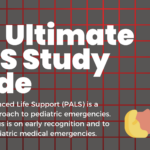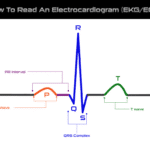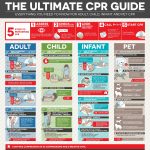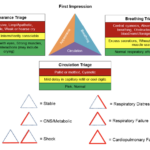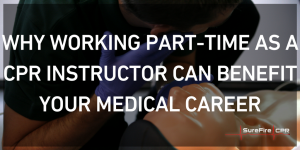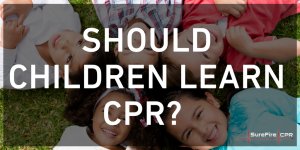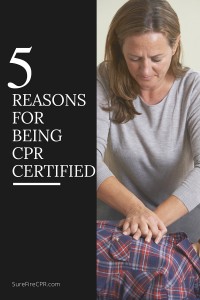If you’re highly trained and have the credentials to work with critically ill pediatric patients, you might feel that you’re equipped to handle any emergency situation. However, even the most experienced healthcare professionals need refresher courses and ongoing training. SureFire CPR is the source for additional medical training. We offer a host of training classes, such as a neonatal resuscitation program, pediatric emergency assessment recognition, and pediatric advanced life support.
Pediatric advanced life support training is an American Heart Association training program. This course is specifically tailored to pediatric medical personnel, and it is designed to sharpen their skills and improve efficiency. Seriously ill children and infants risk cardiopulmonary and respiratory failure. By means of pediatric advanced life support training, healthcare personnel are better equipped to recognize shock, respiratory failure, cardiac arrest and other distressful situations, and act appropriately to manage these situations.
Nurses, doctors, paramedics, and other healthcare workers who successfully complete a pediatric advanced life support training course, receive a two-year certification. Caring for infants and children is an integral part of emergency care. The more healthcare providers know about pediatric care, the more lives they can save.

